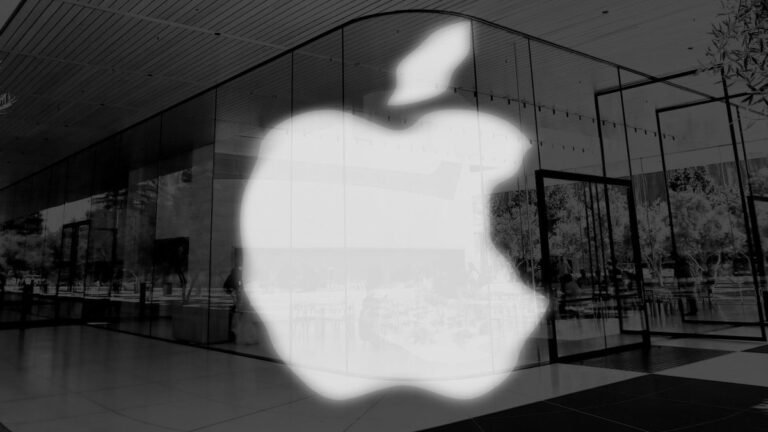
The Coalition for App Fairness (CAF) released a statement on Thursday cheering on the Department of Justice’s antitrust lawsuit against Apple.
The group includes a number of key app makers, including Epic Games, Spotify, Deezer, Match Group, Proton and others.
In 2020, Epic made it possible for Fortnite players to pay Epic directly, rather than giving a cut to Apple.
Then, Apple removed Epic from the App Store, which sparked a slew of legal proceedings.
In a statement, Apple said: “This lawsuit threatens who we are and the principles that set Apple products apart in fiercely competitive markets.

Meanwhile, Fortnite maker Epic Games has been accusing Apple’s iOS App Store of antitrust violations for years in an ongoing, arduous legal battle.
“Apple often enforces its App Store rules arbitrarily,” the suit says.
And unlike Android devices, iPhones do not allow for sideloading apps, meaning that Apple has control over any app in its App Store.
“While Apple has reduced the tax it collects from a subset of developers, Apple still extracts 30 percent from many app makers,” the suit says.
On Thursday, the Coalition for App Fairness (CAF) – which includes Epic Games, Spotify, Deezer, Proton and other companies – released a statement in favor of the DOJ’s action against Apple.

The United States Department of Justice this morning filed a lawsuit accusing Apple of monopolistic smartphone practices.
Apple swiftly countered by arguing that — if successful — such a suit would inhibit its ability to compete in the crowded smartphone market.
This lawsuit threatens who we are and the principles that set Apple products apart in fiercely competitive markets.
We believe this lawsuit is wrong on the facts and the law, and we will vigorously defend against it.
At the same time, Apple has also been embroiled in lawsuits from Epic Games, challenging its App Store revenue practices.
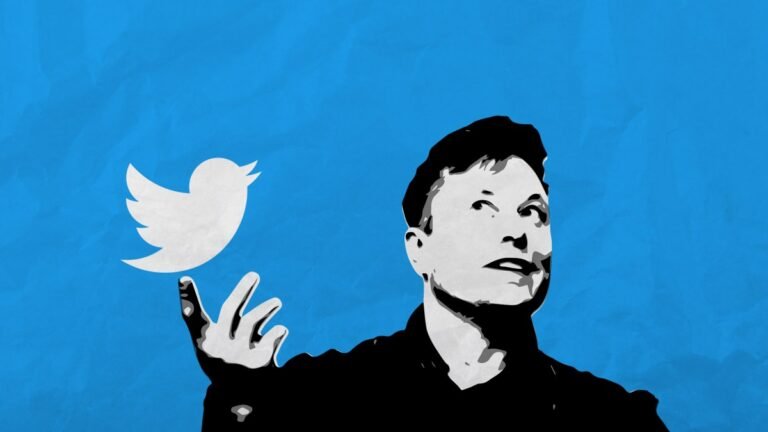
Another day, another lawsuit involving Elon Musk.
Four former Twitter executives, including ex-CEO Parag Agrawal, sued Musk on Monday, alleging that they’re owed over $128 million in severance payments.
According to the lawsuit, Musk has a “special ire” toward these former executives, who worked hard to hold Musk to his $44 billion commitment when he tried to back out.
Musk has faced several lawsuits from former Twitter employees who are also waiting for a check.
According to the lawsuit, Musk claimed that these executives committed “gross negligence” and “willful misconduct” in their termination letters, but never was able to show evidence of his allegations.
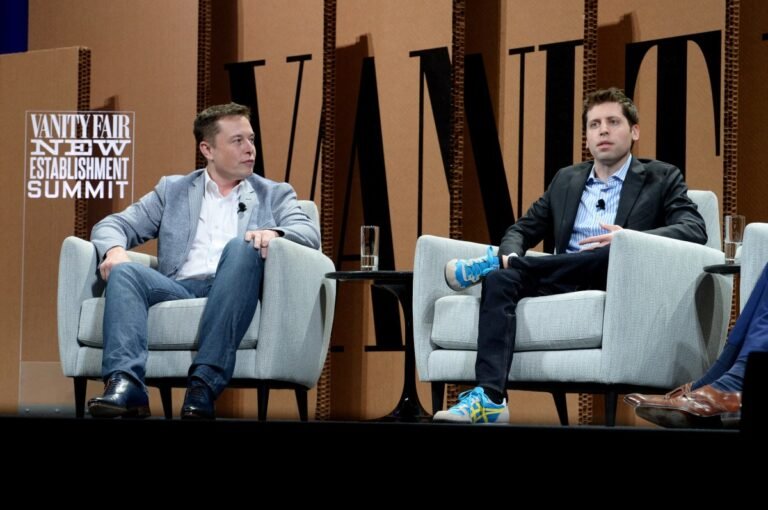
The lawsuit says that OpenAI has shifted to a for-profit model focused on commercializing its AGI research with Microsoft, the world’s most valuable company.
“This was a stark betrayal of the Founding Agreement.”The lawsuit follows Musk voicing displeasure with OpenAI’s shift in priorities in the past year.
For the first several years, Musk was the largest contributor to OpenAI, the lawsuit adds.
He alleges OpenAI and Microsoft have improperly licensed GPT-4 despite agreeing OpenAI’s AGI capabilities would remain non-profit and dedicated to humanity.
Musk is seeking to compel OpenAI to adhere to its original mission and bar from monetizing technologies developed under its non-profit for the benefit of OpenAI executives or partners like Microsoft.
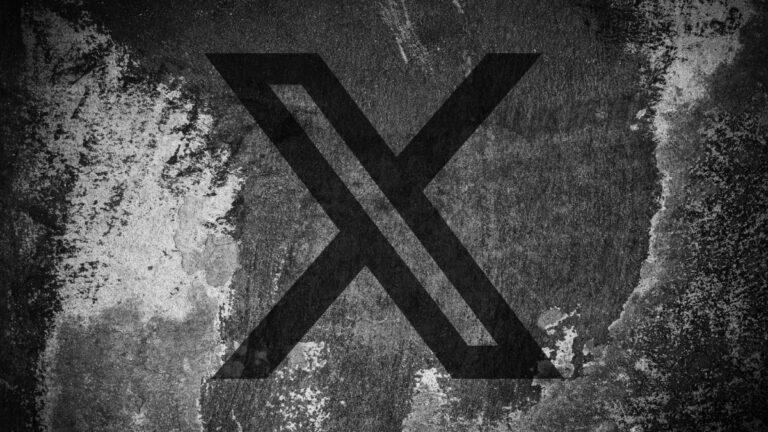
Elon Musk’s crusade against the extremism research organization the Center for Countering Digital Hate will have its day in court on Thursday.
After Musk’s takeover of Twitter, the CCDH published reports detailing rising hate speech on X and how unbanned accounts, including neo-Nazi Andrew Anglin, stood to make the company millions in ad revenue.
Unlike the CCDH lawsuit, X is suing Media Matters for America in Texas, which doesn’t have California’s anti-SLAPP protections.
A loss in court for the CCDH would likely have an immediate chilling effect on researchers who track hate speech and misinformation on social media.
“This ridiculous lawsuit is a textbook example of a wealthy, unaccountable company weaponizing the courts to silence researchers, simply for studying the spread of hate speech, misinformation and extremism online,” Ahmed said.

Meta has dropped its lawsuit against an Israeli web scraping company Bright Data, after losing a key claim in its case a few weeks ago.
Beyond being just another case of web scraping, what made this case particularly interesting was that Meta was a Bright Data customer at one time.
However, when Bright Data scraped Meta’s own data, the company sued.
“This concession by Meta is a pivotal moment for Bright Data and the web scraping community.
“Bright Data remains committed to keeping public web data freely accessible to everyone.

The state of Iowa is suing TikTok, alleging that the social media company misleads parents about the kinds of content available to young users.
The lawsuit from Iowa Attorney General Brenna Bird accuses TikTok of hosting “sexual content, drugs, alcohol, intense profanity, self-harm messages, and other X-rated content,” making videos that aren’t age appropriate easily accessible for children and teens in the state.
“TikTok represents to Iowa parents and Iowa children that inappropriate content on its platform, including drugs, nudity, alcohol, and profanity, is ‘infrequent,'” the lawsuit states, slamming those claims as “lies.”The state specifically takes issue with TikTok’s age rating in app marketplaces.
Providing age ratings for social apps that surface endless waves of niche algorithmic user-generated content has always been more of an art than a science, but Iowa argues that TikTok intentionally misrepresents itself to parents.
Iowa is the latest state to sue the app over concerns around the content it serves to underage users, joining Indiana, Arkansas and Utah.

In late December, The New York Times sued OpenAI and its close collaborator and investor, Microsoft, for allegedly violating copyright law by training generative AI models on Times’ content.
Today, OpenAI published a public response in which the startup — unsurprisingly — claims that the case is without merit.
“Interestingly, the regurgitations The New York Times [cite in its lawsuit] appear to be from years-old articles that have proliferated on multiple third-party websites,” OpenAI writes.
The Times is only the latest copyright holder to sue OpenAI over what it believes is a clear violation of IP rights.
Actress Sarah Silverman joined a pair of lawsuits in July that accuse Meta and OpenAI of having “ingested” Silverman’s memoir to train their AI models.
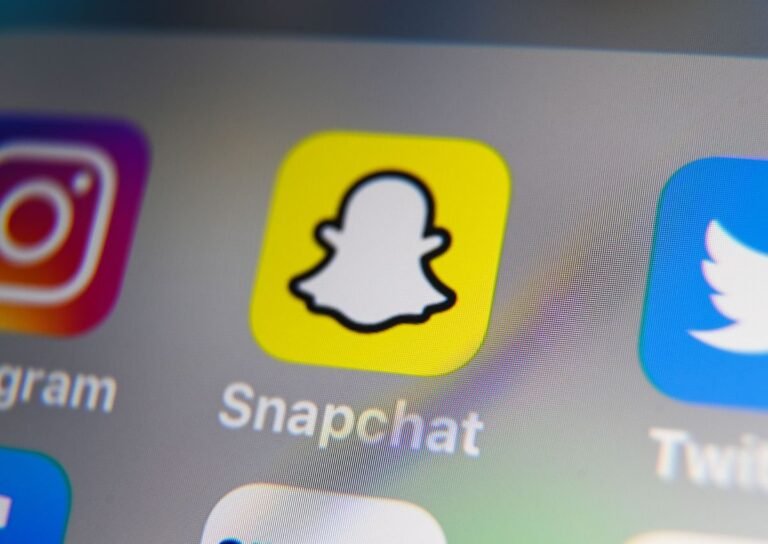
A lawsuit blaming Snapchat for a series of drug overdoses among young people can proceed, a Los Angeles judge ruled this week.
A group of family members related to children and teens who overdosed on fentanyl sued Snapchat maker Snap last year, accusing the social media company of facilitating illicit drug deals involving fentanyl, a synthetic opioid many times deadlier than heroin.
In the ruling on Tuesday, Los Angeles Superior Court Judge Lawrence Riff rejected Snap’s effort to get the case dismissed.
Riff did dismiss four counts against Snap but overruled the company’s efforts to throw out more than 10 others, including negligence and wrongful death.
The depth of disagreement is revealed by the parties’ inability jointly to label Snap’s social media presence and activities: “service,” “app,” “product”, “tool,” “interactive course of conduct,” “platform,” “website,” “software” or something else.













